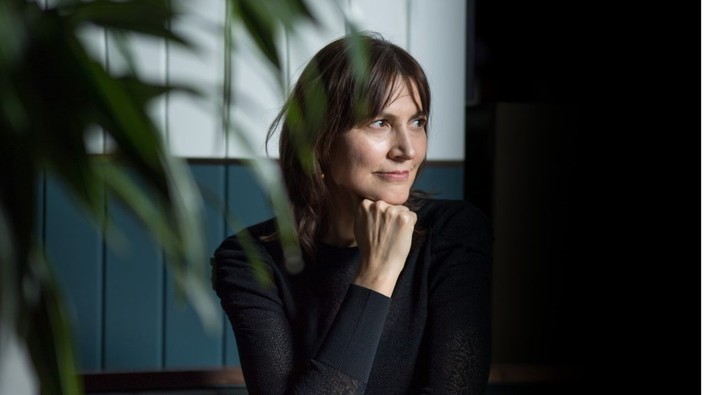'a sacrificial lamb': breast cancer survivors, advocates call for an end to restricting mammograms
the breast screening guidelines from the canadian task force on preventive health care, which included no breast cancer experts, were largely based on a flawed study.
'shocking statistics': poll finds majority of breast cancer survivors felt unprepared for diagnosis
the breast cancer canada survey also found that most canadian women feel confident in the ability of doctors to diagnose and treat breast cancer, while more than half of men reported not knowing where to find information on breast cancer if they needed it.
 8 minute read
8 minute read





















